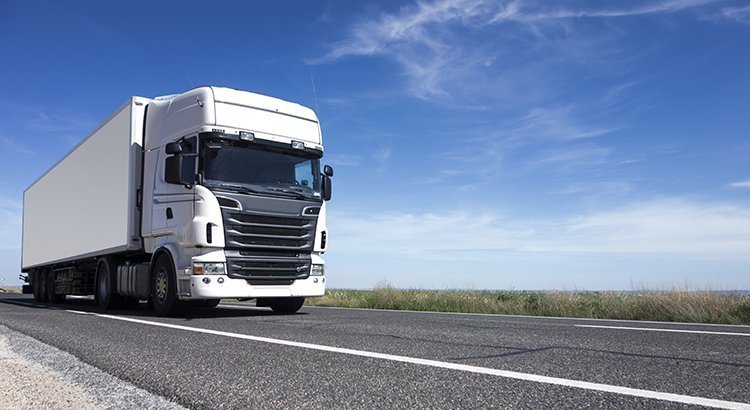
Across Europe trucks and buses make up around 2% of all vehicle traffic but are responsible for 28% of road transport Co2 emissions. The EU is preparing to tighten down on climate change targets for heavy duty vehicles by November this year. The new analysis indicates that heavy goods vehicles will need to be sold by 2035 if polluting vehicles are to be off the road by 2050. This will pull the industry into line with the net-zero emissions commitment.
According to the EU commission truck activity is set to increase by 44% between 2020 and 2050 and bus activity by 72%, this is due to the increase in demand. Currently trucks and buses burn 42% of the diesel consumed by EU road transport.
Sofie Defour, clean trucks Director at Transport & Environment said; “Transport is Europe’s biggest climate problem and trucks play an outsized role that is still growing. Polluting trucks will undo all the emissions savings from electrifying cars in 2020 and beyond unless the EU changes the trajectory.”
2035 is the latest feasible date to reach 100% zero emission vehicle sales if road freight is to be on track to reach zero emissions by mid-century according to the emissions modelling put together by Transport & Environment.
Trucks in Europe currently have a lifespan of 18 years on average so by 2050 there would be very little trucks left on European roads that aren’t emissions friendly. Strong EU Co2 targets for trucking firms would hold manufacturers to their electrification commitments. The 2035 deadline scenario would lead to 659,000 zero-emission trucks on Europe’s roads in 2030. The consumption of diesel by European trucks and buses would be reduced by 9% by the end of the decade.
Sofie Defour went on to say; “The review of the car and van standards has paved the way for trucks. Setting a 100% Co2 reduction target for 2035 will help Europe get the last diesel vehicles off its roads in time to help avoid climate catastrophe. Any later would mean a huge number of polluting trucks still being driven around in 2050.”
Reducing emissions is always a hot topic for governments to discuss. Globally this is something that needs to change and achievable targets set. The freight industry is no different than any other industry in playing its part in reducing carbon emissions for a cleaner world going forward.